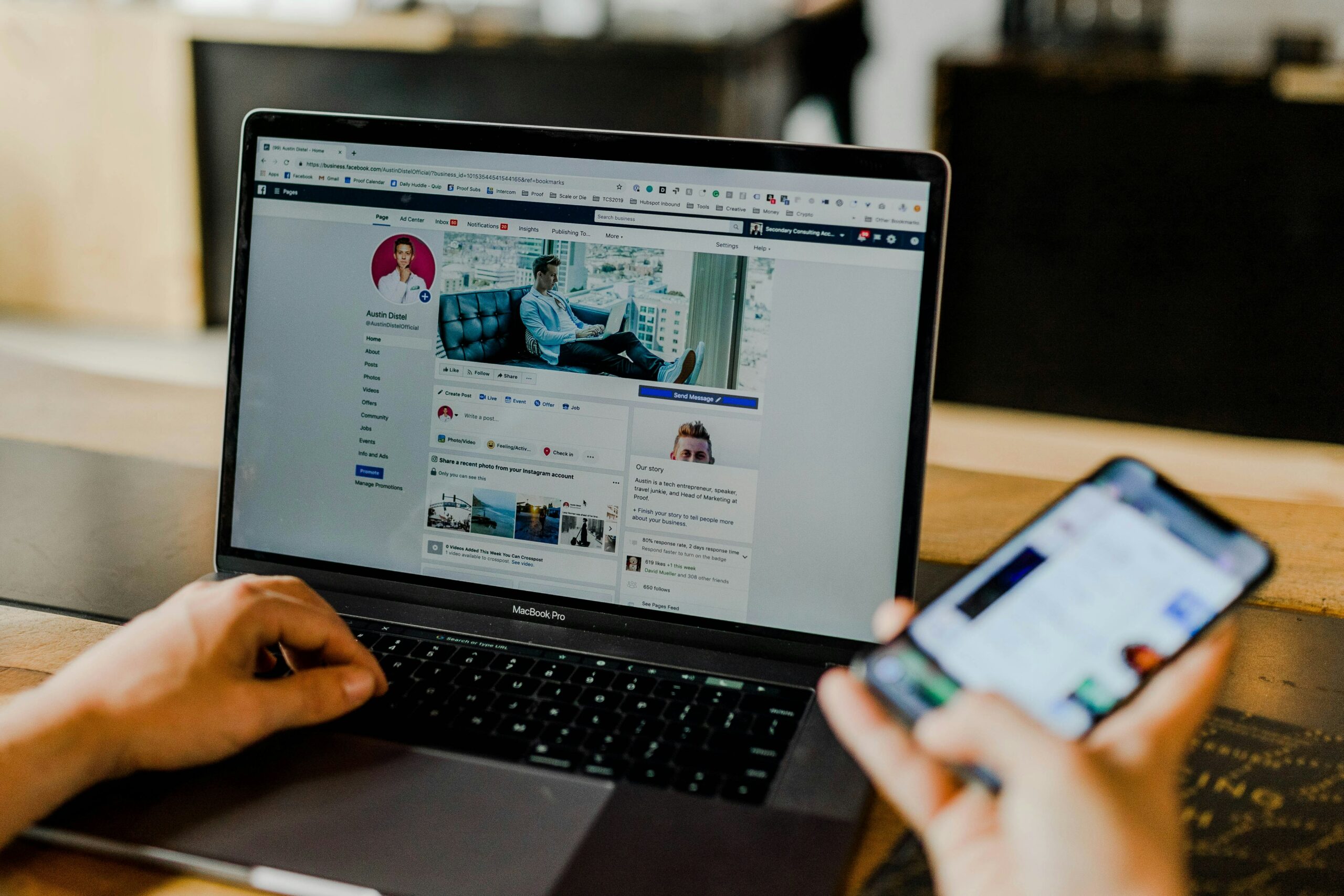Do you ever feel like your brain is constantly being bombarded with so much noise? I’m not just talking about the noise we hear but also the “noise” we see. How did we turn into a society that has become so consumed with the constant need to be entertained? We are at a point now with the rampant use and advancements in technology that we almost expect to be mentally stimulated with distractions 24/7. What does this do for our motivation, our ability to focus, to be mindful, and most importantly, to engage with others?
Digital Distractions
I had a client come to me recently who was struggling with being able to maintain focus at work. I asked him to describe his workspace. He responded by describing a setup of four monitors that are all simultaneously playing various YouTube videos, music, and video games. Well, now it became clear to me why he was struggling with focus and productivity at work. An article published by the Massachusetts General Hospital calls this technical interference in our lives ‘digital distraction.’ Besides difficulty with concentration and productivity, digital distraction can negatively impact your mental and physical health.
Effects of Social Media Distractions on Mental Health
We are all too familiar with the negative effects that social media has had on mental health. An increase in symptoms of depression and anxiety has been linked to incessant use of social media. Being sucked into these unrealistic images and beliefs of beauty and success can lead to strong feelings of inadequacy and low self-esteem. Digital distraction can also create problems within relationships. I have worked with multiple couples in the past who have struggled with feeling connected and validated by their partner because of obsessive use of screen time.
The Link Between Physical Health and Screen Time Distractions
Physical health is also an area that has been negatively impacted by too much screen time. The number one issue that I have seen my clients struggle with is sleep deprivation. When the brain is constantly stimulated it becomes harder for that person to just “shut off.” Over time the human brain becomes “conditioned” to stay in a state of activity. This leads to my clients having a hard time falling and maintaining healthy sleep patterns. Being sedentary is another major negative impact on physical health. Staying still in one position over time can lead to an increased risk of obesity and pain-related issues.
Balancing a Healthy Relationship with Devices
So what can the solution to digital distracctions be? We know that we cannot simply remove these “culprits” from our lives because the majority of the population count on their devices to earn their income. There are some simple strategies we can put into practice to help us maintain a more balanced and healthy relationship with our devices. For my client that I mentioned above I encouraged him to turn off and tune out. It was recommended that while working he keep all other monitors and any other devices off that can interfere with his ability to focus. We also discussed the importance of taking “mental breaks.” Simply put, he was encouraged to step away from his screen to move his body and change his scenery to help rest and reset his overstimulated brain.
Boundaries with Technology
Another solution is to set limits for the frequency of use and how often you engage on social media. Maintain strong boundaries for device usage when other people are present. Maybe even going so far as creating a “device-free zone” in your living or dining room where people often tend to congregate. As for sleep, you must turn off and tune out for at least an hour before bed. I even encourage my clients not to read before they go to sleep. I know this may seem extreme but reading is another one of the distractions activating and stimulating your brain. Instead incorporate mindfulness skills such as breath work, meditation, or grounding techniques to help relax the mind before bed. Ultimately, our goal is to maintain a healthy and balanced relationship with ourselves and with others. Hopefully, some of these simple skills can help you keep peace of mind.
Reference: https://www.massgeneral.org/news/article/digital-distraction-and-its-impact-on-your-health
Schedule an appointment with Noelle Bevelhymer here!



